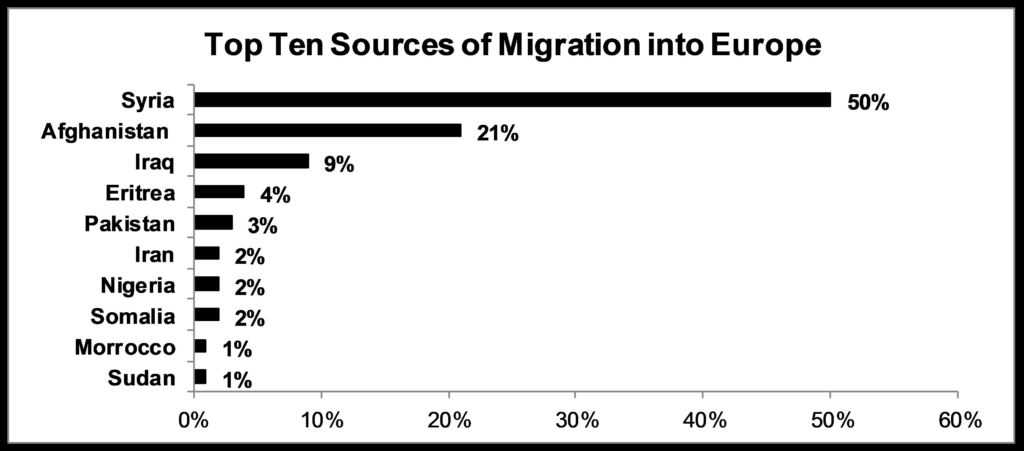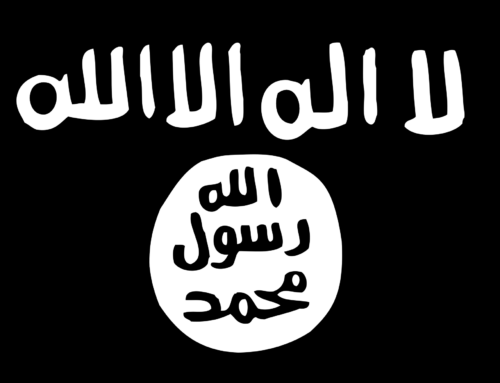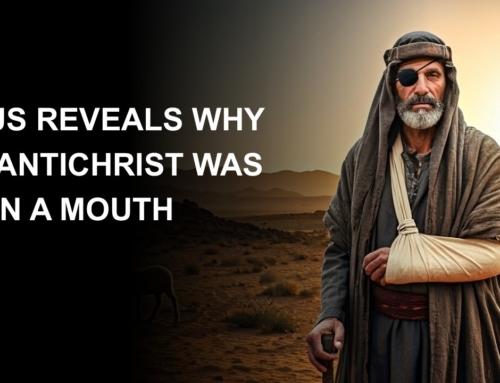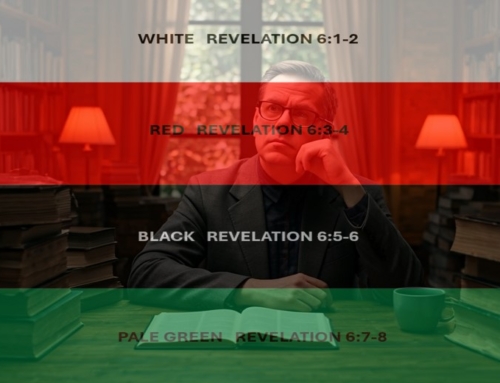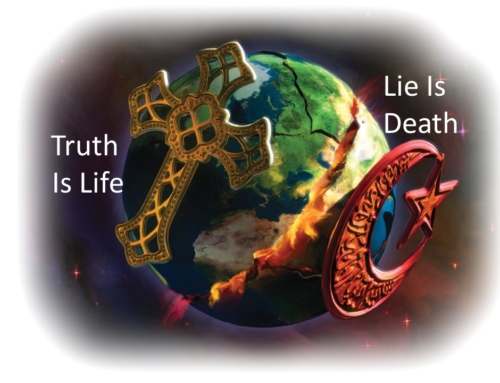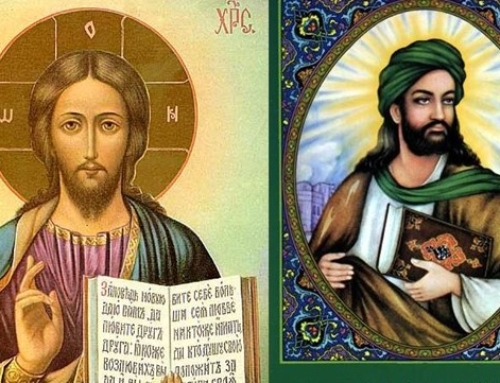Islam is busy reforming itself into the Babylon-Persian Kingdom with wars!!
Islam is busy reforming itself into the Babylon-Persian Kingdom. It is doing this with the sword, despite being mistakenly called by westerners as “the Religion of Peace.” The Islamic winners will be dominated by Shia Islam.
The UN Report on Displaced Persons shows startling facts. There are more people displaced by war today than at any time in the history of the world—including World War II. The vast majority of these people are from Islamic countries.
In 2015, forced displacement continued to affect an ever increasing number of people, reaching 65.3 million individuals by the end of the year. The top ten countries as a source of migration into Europe are all Islamic. Islamic migration into Europe is the chief reason England voted to leave the European Union.
According to the International Crisis Group the top 10 worldwide conflicts in 2016 are all Islamic:
1. Syria and Iraq
2. Turkey
3. Yemen
4. Libya
5. Nigeria
6. Niger
7. Chad
8. Cameroon
9. Sudan
10. Afghanistan
The ongoing civil war in Syria has displaced millions internally, and more than four million civilians, mostly Sunni, are now refugees in Iraq, Jordan, Lebanon and Turkey. The influx of more than one million mostly Sunni Syrians into Lebanon, a state that experienced its own fifteen-year civil war (1975–90), has burdened its cash-strapped government and put pressure on communities hosting refugees. Jordan and Iraq are struggling to provide housing and services to an impoverished and traumatized population.
Turkey has provided considerable humanitarian aid, yet Ankara must increasingly balance “the public’s sympathy for and unease toward refugees,” the International Crisis Group reports. The spillover of migrants and refugees into Europe spiked in 2015, and countries with generous resettlement policies are bracing for a larger influx as the Islamic wars in the Middle East continue.
Saudi-Iranian Rivalry
Iran’s Islamic Revolution in 1979 gave Shia cleric Ayatollah Ruhollah Khomeini the opportunity to implement his vision for an Islamic government ruled by the “guardianship of the jurist”, that is opposed by Sunnis, who have historically differentiated between political leadership and religious scholarship. Shia ayatollahs have always been the guardians of the faith. Khomeini argued that clerics had to rule to properly perform their function: implementing Islam as God intended, through the mandate of the Shia Imams.
An ancient religious divide is helping fuel a resurgence of conflicts in the Middle East and Muslim countries. Struggles between Sunni and Shia forces have fed a Syrian civil war that threatens to transform the map of the Middle East, spurred violence that is fracturing Iraq, and widened fissures in a number of tense Gulf countries. Growing sectarian clashes have also sparked a revival of transnational jihadi networks that poses a threat beyond the region.
Saudi Arabia and Iran have deployed considerable resources to proxy battles, especially in Syria, where the stakes are highest. Saudi Arabia closely monitors potential restlessness in its oil-rich eastern provinces, home to its Shia minority, and deployed its forces, along with other Gulf countries, to suppress a largely Shia uprising in Bahrain. They also assembled a coalition of ten Sunni-majority countries, backed by the United States, to fight Houthi rebels in Yemen. The war, fought mostly from the air, has exacted a high civilian toll. Saudi Arabia provides hundreds of millions of dollars in financial support to the predominantly Sunni rebels in Syria, while simultaneously banning cash flows to al-Qaeda and extremist jihadi groups fighting the Assad regime.
How the Saudi-Iranian (Persian) rivalry is settled will shape the political balance between Sunnis and Shias and the future of the region, especially in Syria, Iraq, Lebanon, Bahrain, and Yemen. You should expect the Persians to win.
Let us pray Muslims can find the truth of Jesus while there is still time.
Click here to email us.

